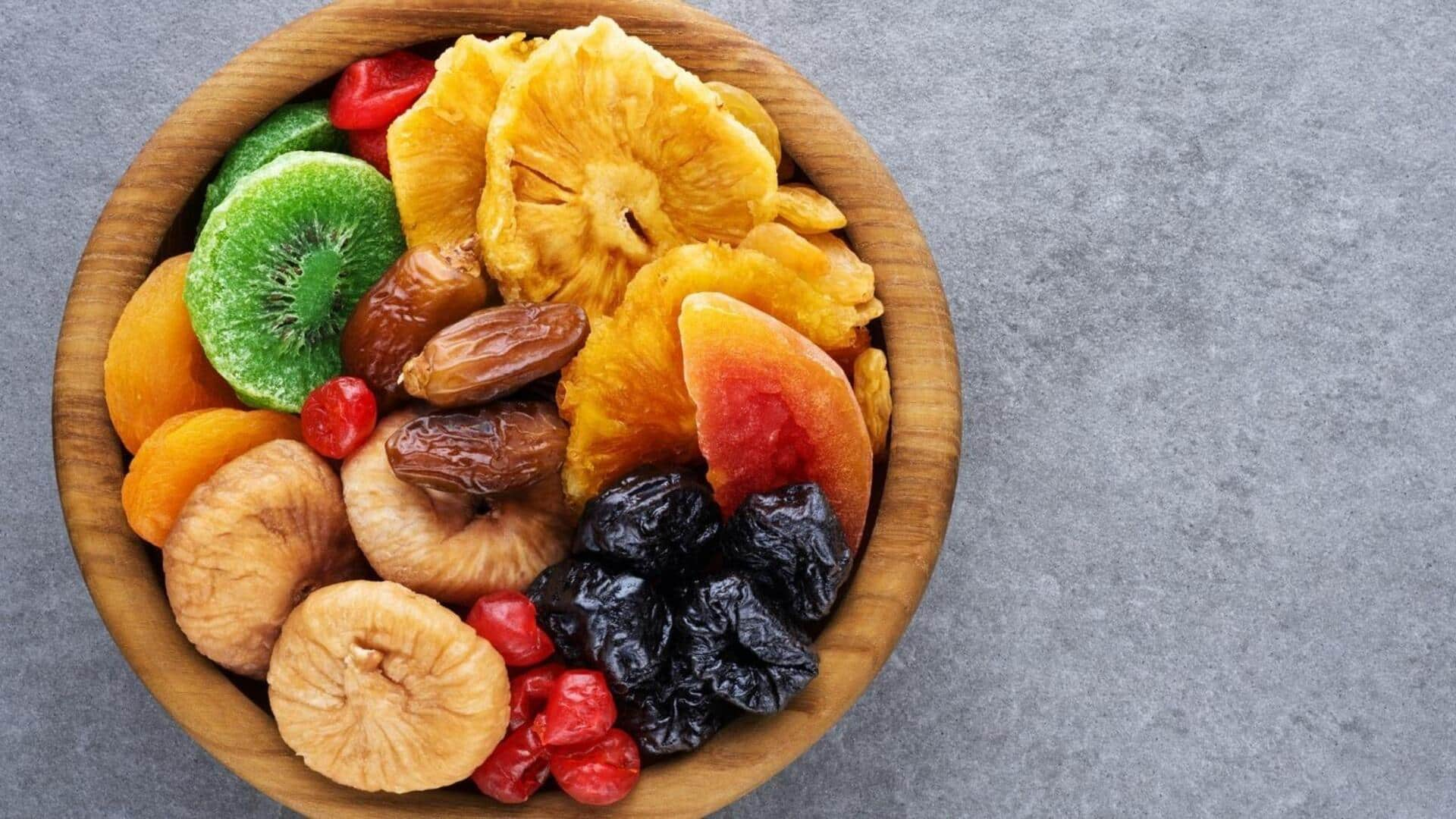
Indians now prioritize healthy snacking, read labels before purchasing
What's the story
A recent survey found that 73% of Indians are increasingly inclined toward healthy snacking, with a majority preferring to read ingredient lists and nutritional values before purchasing snacks.
The Healthy Snacking Report 2024, which surveyed over 6,000 people across India, found that 93% of these label-readers showed a desire to transition to healthier options.
This trend underscores the correlation between label reading and conscious food choices, while advocating for transparency in food labeling.
Food safety
Food adulteration concerns drive conscious consumption
The survey was conducted amid rising cases of food adulteration in items like confectioneries, spices, and other fast-moving consumer goods.
This has reportedly sparked a wave of conscious consumption, with buyers meticulously examining food packets for potentially harmful substances.
The report noted that 90% of respondents are seeking healthier alternatives to traditional snacks, with nearly 60% now opting for natural, additive-free products containing wholesome ingredients such as nuts, seeds, and whole grains.
Snack preferences
Makhanas and dry fruits top choices
Makhanas (foxnuts) and dry fruits are the preferred choices in the healthy snacking segment, with 67% of Indians opting for these nutrient-rich options.
The report highlighted that 59% of millennials consider makhanas their trusted snack, followed by Gen Z (49%) and Gen X (47%), showing its widespread popularity.
Additionally, over 70% revealed that their favorite time to snack was with their evening cup of tea or coffee.
Cost barrier
High retail costs hinder shift to healthy snacking
Despite the growing trend toward healthy snacking, over 58% of those surveyed cited "high retail costs" as a significant obstacle to making the switch.
The consumer insights study was done by snacking brand Farmley, providing valuable data on the preferences and challenges faced by Indian consumers in their pursuit of healthier snacking options.
This highlights the need for affordable and accessible healthy food alternatives in the market.